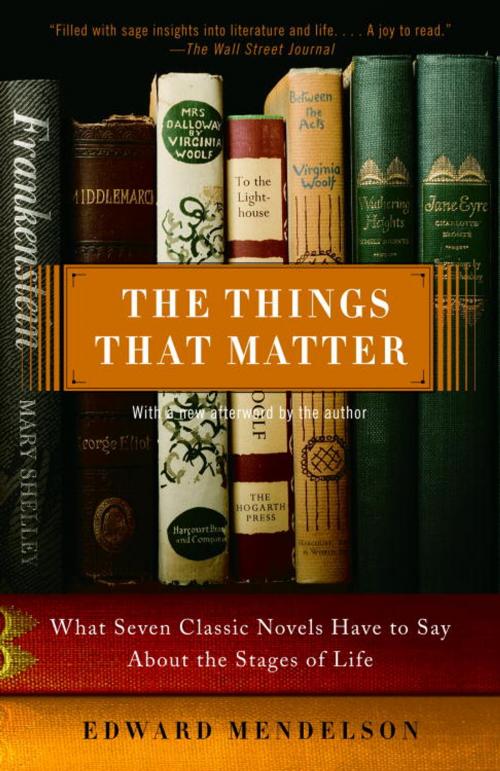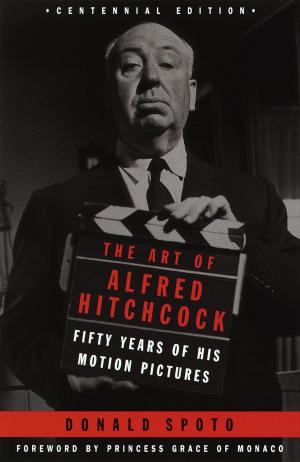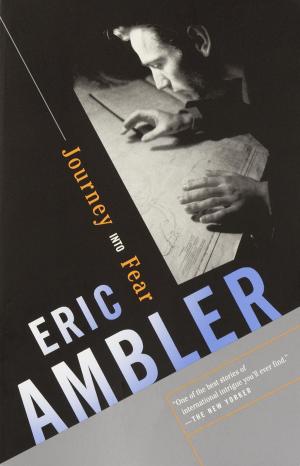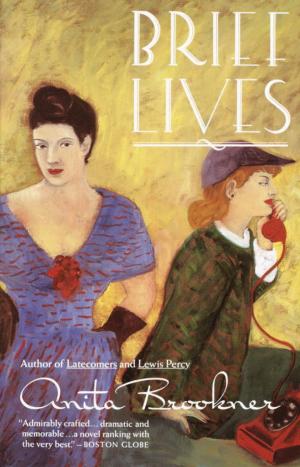The Things That Matter
What Seven Classic Novels Have to Say About the Stages of Life
Nonfiction, Reference & Language, Language Arts, Writing & Publishing, Authorship, Fiction & Literature, Literary Theory & Criticism, Books & Reading, Essays & Letters, Essays| Author: | Edward Mendelson | ISBN: | 9780307491848 |
| Publisher: | Knopf Doubleday Publishing Group | Publication: | November 26, 2008 |
| Imprint: | Anchor | Language: | English |
| Author: | Edward Mendelson |
| ISBN: | 9780307491848 |
| Publisher: | Knopf Doubleday Publishing Group |
| Publication: | November 26, 2008 |
| Imprint: | Anchor |
| Language: | English |
She felt rather inclined just for a moment to stand still after all that chatter, and pick out one particular thing; the thing that mattered . . .
—Virginia Woolf, To The Lighthouse
An illuminating exploration of how seven of the greatest English novels of the nineteenth and twentieth centuries—Frankenstein, Wuthering Heights, Jane Eyre, Middlemarch, Mrs. Dalloway, To the Lighthouse, and Between the Acts—portray the essential experiences of life.
Edward Mendelson—a professor of English at Columbia University—illustrates how each novel is a living portrait of the human condition while expressing its author’s complex individuality and intentions and emerging from the author’s life and times. He explores Frankenstein as a searing representation of child neglect and abandonment and Mrs. Dalloway as a portrait of an ideal but almost impossible adult love, and leads us to a fresh and fascinating new understanding of each of the seven novels, reminding us—in the most captivating way—why they matter.
She felt rather inclined just for a moment to stand still after all that chatter, and pick out one particular thing; the thing that mattered . . .
—Virginia Woolf, To The Lighthouse
An illuminating exploration of how seven of the greatest English novels of the nineteenth and twentieth centuries—Frankenstein, Wuthering Heights, Jane Eyre, Middlemarch, Mrs. Dalloway, To the Lighthouse, and Between the Acts—portray the essential experiences of life.
Edward Mendelson—a professor of English at Columbia University—illustrates how each novel is a living portrait of the human condition while expressing its author’s complex individuality and intentions and emerging from the author’s life and times. He explores Frankenstein as a searing representation of child neglect and abandonment and Mrs. Dalloway as a portrait of an ideal but almost impossible adult love, and leads us to a fresh and fascinating new understanding of each of the seven novels, reminding us—in the most captivating way—why they matter.















